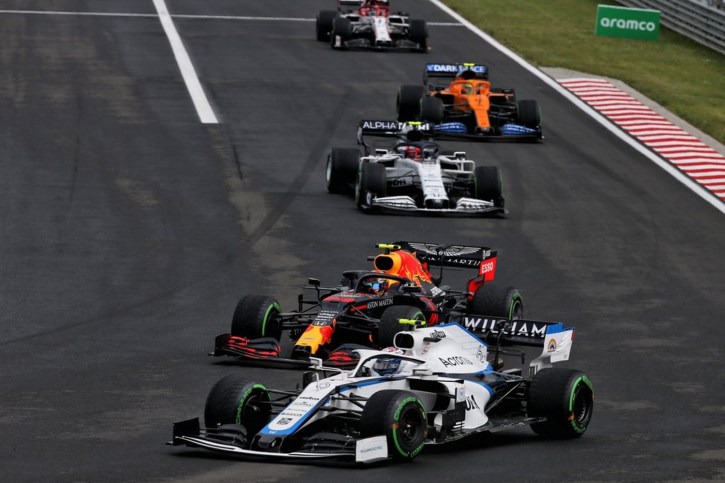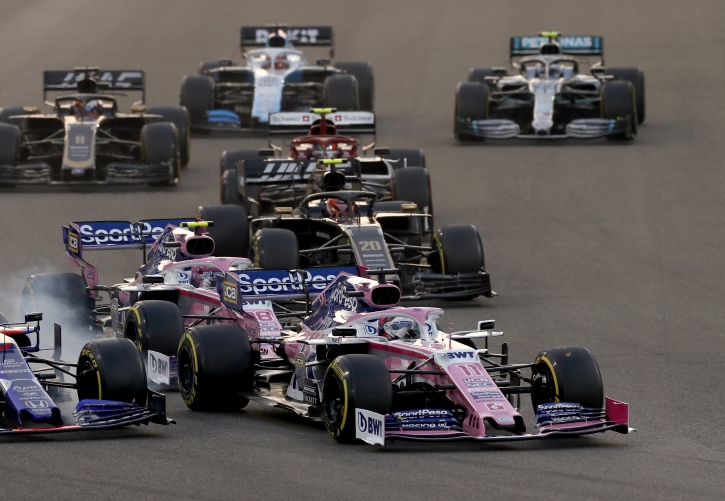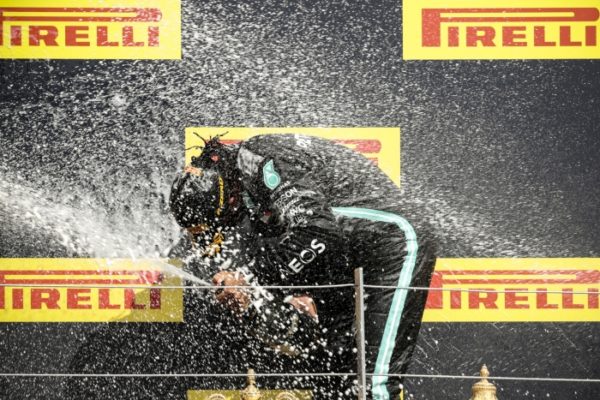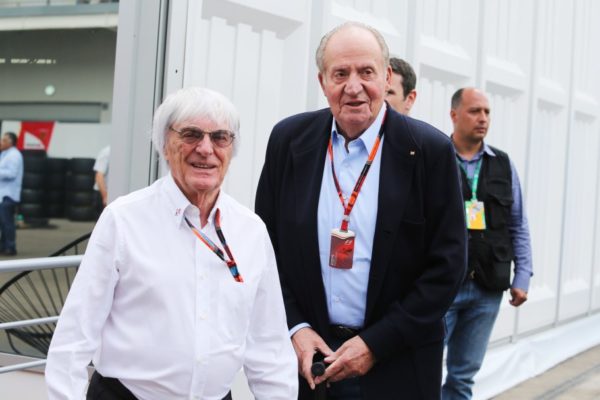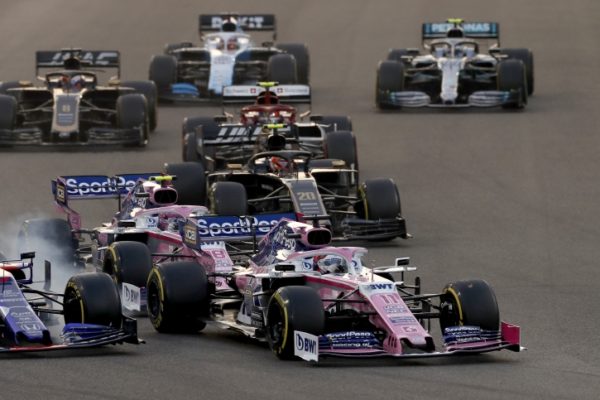The RS26 2.4l V8 engine, that Renault F1 Team will use in the 2006 Formula 1 season, is nearing its track debut. We spoke to Project Manager Léon Taillieu to get an update on the project and to understand a little more about the challenges of developing a V8 engine
Léon, when did the V8 programme begin?
“We began our initial studies in September 2004.”
What was your philosophy?
“We have not taken any major risks with this engine. That means we are building on what we already know – the RS26 will benefit from everything we learned on last year’s championship winning engine. The targets we set were the same as for every engine: to make it powerful and reliable, to optimise injection and combustion.”
With such a long-term project, how do you manage to stick to a timetable that specifies the exact day when the engine must run?
“It is a question of planning and organisation. In modern F1, that can really make the difference. In this area, computer tools bring vital assistance: they allow us to minimise the risk of making a mistake. When we push the button for production of parts in a known domain, we know that the mathematical models are accurate and we have total confidence. If, however, we are dealing with an area that we are less confident in, we need to use testing to recalibrate our models. We also conducted specific testing with our V10. That was a big help in this project.”
In terms of how the engines are run, what will be the differences between the 2005 V10 and the 2006 V8?
“First of all, we should note that Renault will go from a 72° v-angle to the 90° now imposed by the regulations. That will allow us to lower the centre of gravity. Our rivals were already using a 90° engine and are unlikely to see a difference in this area. Secondly, the engine is no longer allowed to use variable inlet trumpets, which allowed us to adjust the engine acoustics and optimise combustion at different engine speeds. As a result, the V8 will feel less torquey for the drivers next year.”
We have heard a lot about vibrations on the new engines. Why is that?
“With every engine, you need to distinguish between internal and external vibrations. The former concern principally torsional vibrations of moving parts in the engine. They are central to the engine’s reliability development, and they depend on the firing order that we select, which also has an impact on the engine performance. From this point of view, we need to choose the firing order that gives the best reliability-performance compromise. The latter are partly a result of the first choice, and can be minimised by the balancing of the crankshaft. In the car, the chassis components and the driver primarily feel the second class of vibrations.”
So how does this link to the V8?
“In terms of the V8, the compromise we have made does not generate greater vibrations than those we experienced with the V10. They are concentrated in different ways, but the efforts involved are comparable. Each component therefore needs to be designed with this in mind. The poor reputation of the V8 engines in terms of vibrations comes from the fact that in the 1980s, comparisons were made between V8 and V12 engines of the same capacity, which means the reciprocating masses in the V8 engine were much larger and harder to control. Now, we are comparing a 2.4 litre V8 with a 3 litre V10, with the same reciprocating masses.”
In terms of the project timing, what is the current status of the RS26?
“We are on time, and on target. We have almost completed our initial phase of performance development, and encouragingly we have attained our targets.”
Press release
Renault F1 Team
